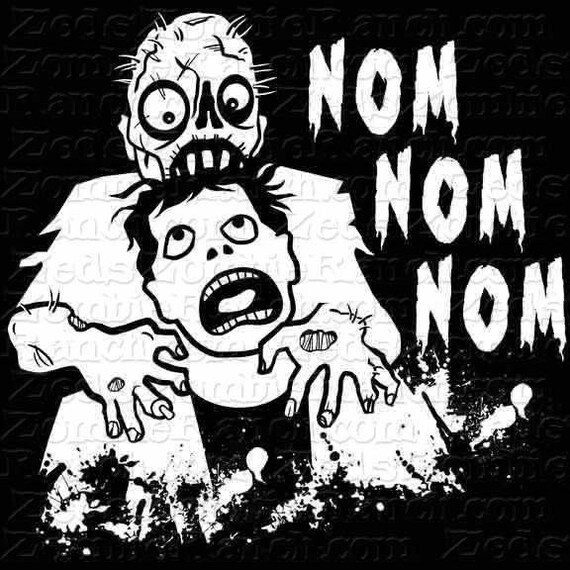Societies don't work without institutions and organizations. We collectivize and specialize to get things done that individuals could not do working alone. Institutions and organizations massively increase societal capacity, stability, and resilience, among other things.
But once created, institutions and organizations develop a self-interest that is separate from the interests of the people they serve, of the people who work in them, and of the people who own them or to whom they report.
This inherent self-interest is based on the fact that every organization has just one primal urge, and that is to grow.
We have a bad habit of differentiating organizations into "profit" and "non-profit" and thinking that there is some difference between their level of self-interest on that basis. While there are organizations that have slightly more or slightly less beneficent reasons for being, fundamentally growth is just a different form of profit. It looks more selfless, but let's not jump to conclusions.
It is because of inherent organizational self-interest that we have "checks and balances." Checks and balances can be thought of in several ways: as rules of engagement, as implicit contracts, as exit ramps, as feedback loops, as regulatory and enforcement mechanisms, and so on. But their fundamental point is to ensure that the organization serves who it is supposed to serve rather than meeting its own needs first every time.
Part of the problem is captured by the concept of "Baumol's Cost Disease" or the Baumol Effect. The cost of doing the same work keeps going up, so income needs to increase relative to the amount of work done. Another part is caused by human nature. Economics, psychology, sociology, political science, group dynamics and other disciplines all contribute to an understanding of destructive organizational self-interest and to an understanding of how it is expressed. (more...)

No comments:
Post a Comment